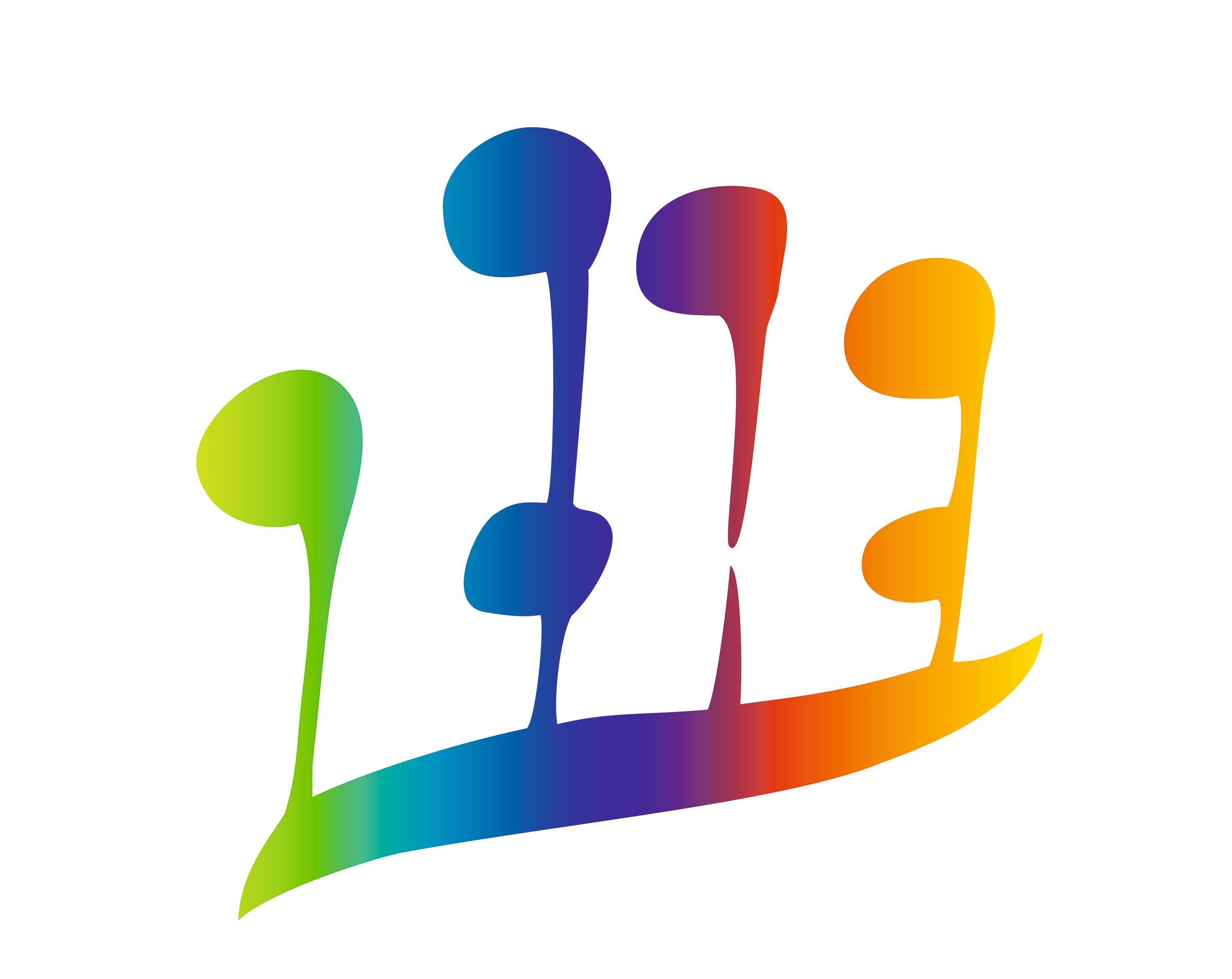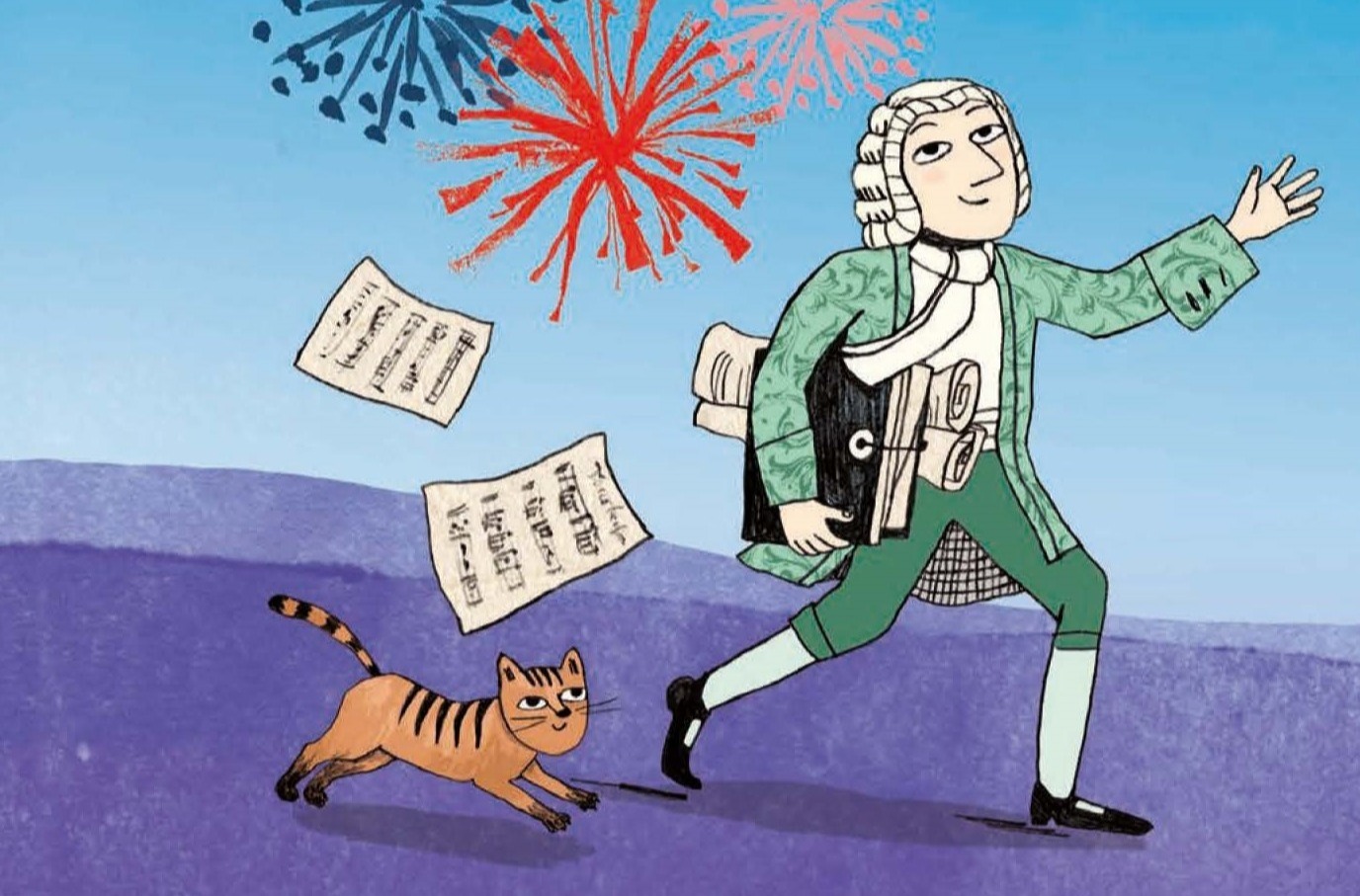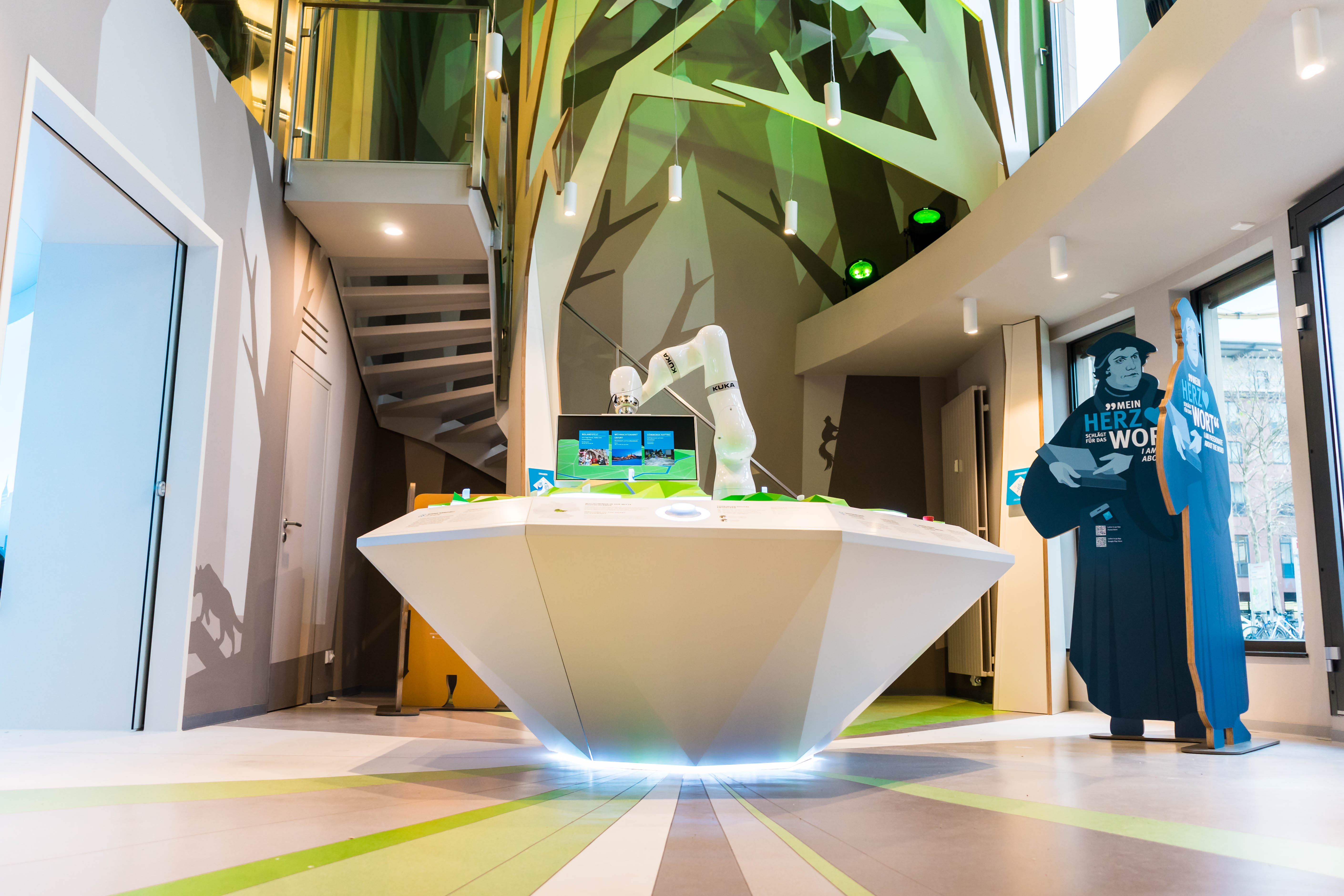Click here for the online store.
Famous Musician Sons
Weimar
It was the beginning of the Enlightenment era. Born in 1710 and 1714, they died in 1784 and 1788, respectively, thus their lifetimes spanned the periods of high baroque to the first highlights of so-called classicism. The music of the former is considered the epitome of baroque musical craftsmanship, while the latter is understood as the main representative of the so-called Sentimentalism and Galant styles.
At the same time, Wilhelm Friedemann was an emphatic advocate of Modernism, and his six flute duets F. 54-59 are a unique synthesis of counterpoint and harmonic opulence. For quite some time, the works of the eldest Bach son were considered lost. Because of his position as music director and organist in Halle, he was nick-named the “Hallescher Bach” (Halle-Bach).
Carl Philipp Emanuel Bach permanently reformed the musical language of the 18th century. Known as the “Berlin” or “Hamburg” Bach, he became a decisive pioneer leading to the music of Mozart, Beethoven and Haydn. The godson of Georg Philipp Telemann, he was also an exceptionally talented instrumentalist. Along with numerous sacred oratorios, he composed a large number of chamber music works for 18th century instruments, including the pianoforte as a novel instrument at the time, for which he composed 150 sonatas alone. For almost 30 years, he was employed as the concert harpsichordist at the Prussian court of Friedrich II, and then became the cantor of the five main churches in Hamburg. He achieved far more fame than his father had.

TIPP
Bach-Organ
Bach-Organ, Foto: Thomas Müller, weimar GmbH
Bach’s other Weimar-born son, Johann Gottfried Bernhard, became the organist in Mühlhausen and Sonderhausen. He died at the early age of 24, and no compositions by him have survived. Besides Bach’s first-born, Catharina Dorothea, who remained in the Leipzig home of the Bach family for her entire life, none of the other children from the marriage with Maria Barbara survived. Johann Christoph Bach, who was named after Bach’s older brother, and his twin sister Maria Sophia died on the day they were born in 1713. The youngest son, Leopold Augustus was born in Köthen, after Bach had resigned from his position in Weimar one year earlier. He did not survive to see his first birthday. Maria Barbara herself died unexpectedly at the age of 36, while her husband was accompanying his employer, Duke Leopold von Anhalt-Köthen, in Carlsbad.








